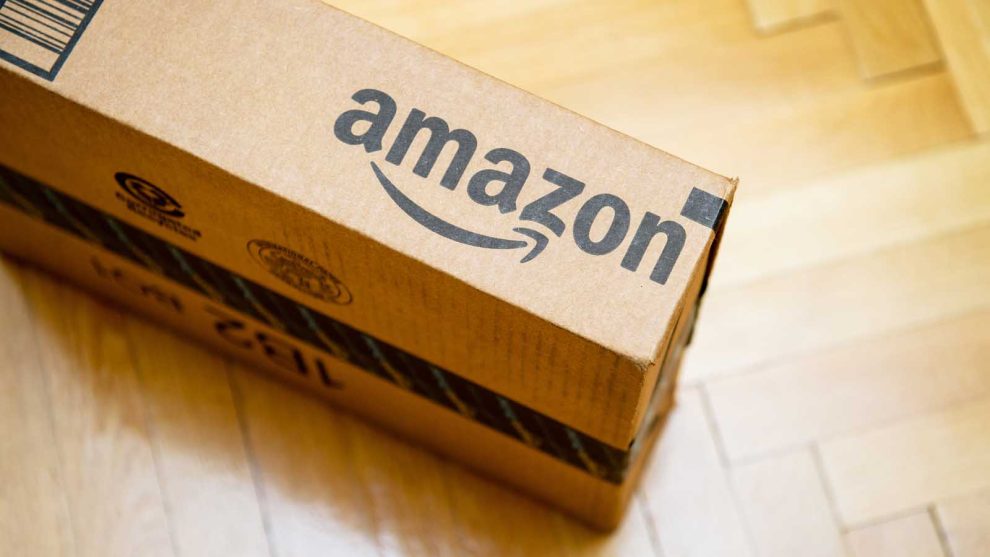
Amazon.Com (NASDAQ:AMZN) stock is up 23% in 2024. It’s up 60% over the last year.
But since passing its all-time high in early April, AMZN stock has becalmed. At its current price of about $185 per share, you’re paying almost 52 times the current earnings, and nearly four times sales, for a company that still doesn’t pay a dividend.
Bulls and bears will disagree on the reason. Bulls insist AMZN stock still has room to run. Bears worry about growth slowing.
Until it next reports earnings in two months, the bears will likely have the better argument. But does that mean you should sell?
Slow Season for AMZN Stock
The second quarter is usually slow for Amazon. There are no major American holidays to spur shopping. I know we’re slowing our spending before the summer vacation season.
There are also Amazon-specific worries. Amazon Web Services just got a new CEO, and he’s a marketing guy. The cost of upgrading AWS for AI is wearing, and it’s unclear where the revenue to justify it will come from.
Most Amazon businesses continue to evolve. Changes at logistics aren’t exciting. Streaming is old hat and not wildly profitable. The daily grind is just that.
The result is consolidation for the stock. Its moves are small and directionless. Amazon is changing from a growth stock into a blue chip, although one that’s still awaiting that key first dividend.
Given those capital costs, don’t expect a payment any time soon.
Alexa and AMZN Stock
There’s a second problem for Amazon stock, a growing disillusionment with AI.
Large Language Models like ChatGPT offer a brute force approach to intelligence. There’s a flood of data that’s predigested. There are standardized output models for images, voice, and code.
There are even some returns on AI investment, in the form of streamlined operations at many companies.
But this isn’t true intelligence. It’s one thing to collect all the data in a factory, hospital, or distribution network, analyze it, and spit out an answer. It’s another thing to imagine something new, like a crow learns how to pile a stack of cups.
I’ll put it this way. LLMs are great at first-level customer service applications. But when Karen demands to speak with the manager, you still need a manager.
You get savings by upgrading the operators, and maybe you can even cut some positions. But you still need people to serve people.
A key moment comes in the fourth quarter, when Amazon is due to announce a new version of its Alexa voice assistant. The upgrade is expected to require a monthly subscription fee.
This will come on top of Amazon’s fees for Prime, for ad-free TV, for Kindle books, for music, and for all the rest.
There are 500 million Alexa users out there, including me. Let’s see how many people buy the subscription. Let’s see how many new units are sold, and how many wind up in landfills, before drawing conclusions. We’re expecting a lot of value before paying the price.
More important, there’s a natural limit to how many AIs people will subscribe to. Paid Alexa will tell us just how much money consumer AIs are worth.
The Current Quarter
When numbers get serious, they get harder to shift.
Analysts are expecting Amazon revenues of about $150 billion this quarter, and $630 billion for the year. Great growth in absolute terms, not so great as a percentage.
The key will be earnings. Current estimates range from 78 cents/share to $1.19 for the quarter. That leads to a stark difference in earnings estimates for the full year, anywhere from $3.75 to $5.41 per share. You are paying anywhere from 34 to 49 those earnings to own the stock.
The Bottom Line
Amazon is no longer the exponential growth play younger investors are looking for. They’re looking to new themes with higher risks.
This is a natural maturation process. But blue chips are worth buying, too.
As of this writing, Dana Blankenhorn had a LONG position in AMZN. The opinions expressed in this article are those of the writer, subject to the InvestorPlace.com Publishing Guidelines.






